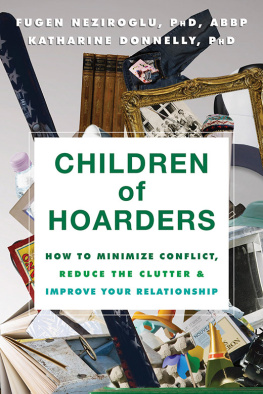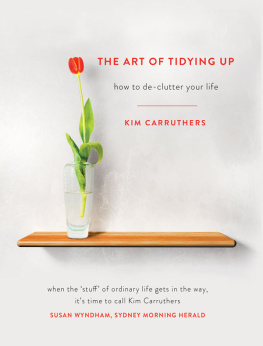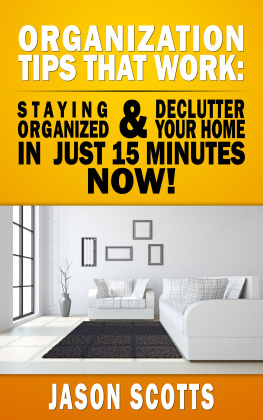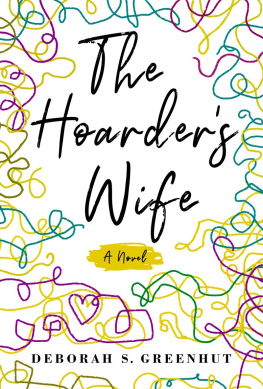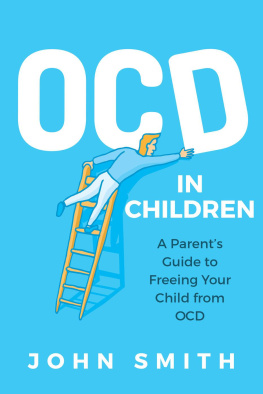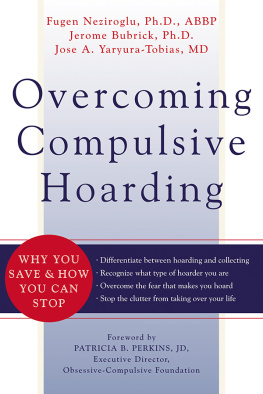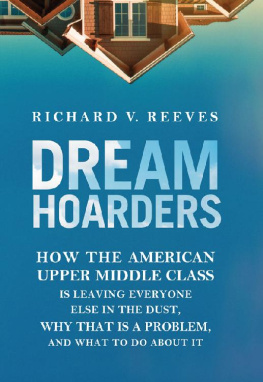Fugen Neziroglu, PhD, ABBP, ABPP, is a board-certified cognitive and behavior psychologist and leading researcher on anxiety disorders. She is the director at the Bio Behavioral Institute in Great Neck, NY; professor at Hofstra University; clinical professor of psychiatry at New York University; and coauthor of Overcoming Compulsive Hoarding. She has appeared numerous times on the TLC television series, Hoarders.
Katharine Donnelly, PhD, is a behavior therapist at the Bio Behavioral Institute in Great Neck, NY. Her areas of interest include behavioral and acceptance-oriented therapies and obsessive-compulsive spectrum behaviors. She is also coauthor of Overcoming Depersonalization Disorder, another collaboration with Fugen Neziroglu.

Children of Hoarders provides a clear and thoughtful path out of the pain, terror, and shame of loving a parent who hoards. Filled with practical suggestions to manage a multitude of problems that plague adult children with a parent who hoards, readers are certain to visit and revisit this resource and pass it on to other family members who are looking for a way to help someone they love who hoards and, as importantly, to help themselves.
Michael A. Tompkins, PhD, cofounder of the San Francisco Bay Area Center for Cognitive Therapy; clinical professor at the University of California, Berkeley; and author of Digging Out: Helping Your Loved One Manage Clutter, Hoarding, and Compulsive Acquiring
If you are growing up in fear of your doorbell ringing because your parent is a hoarder, then this book is for you. Children of hoarders need support as much as any other group struggling with an addicted family member.
Amy Doyle, supervising producer of seasons one and two of TLCs Hoarding: Buried Alive
Written by experts in the field of hoarding research, this information-packed manual for children of hoarders offers helpful strategies for minimizing the suffering that naturally accompanies watching someone you love suffer, as well as fascinating explanations for the roots of hoarding behavior. As a child of a hoarder, I highly recommend it.
Jessie Sholl, author of Dirty Secret: A Daughter Comes Clean About Her Mothers Compulsive Hoarding

Publishers Note
This publication is designed to provide accurate and authoritative information in regard to the subject matter covered. It is sold with the understanding that the publisher is not engaged in rendering psychological, financial, legal, or other professional services. If expert assistance or counseling is needed, the services of a competent professional should be sought.
Distributed in Canada by Raincoast Books
Copyright 2013 by Fugen Neziroglu and Katharine Donnelly
New Harbinger Publications, Inc.
5674 Shattuck Avenue
Oakland, CA 94609
www.newharbinger.com
Cover design by Sara Christian; Text design by Michele Waters-Kermes;
Acquired by Tesilya Hanauer; Edited by Will DeRooy
All Rights Reserved
Library of Congress Cataloging-in-Publication Data
Neziroglu, Fugen A., 1951
Children of hoarders : how to minimize conflict, reduce the clutter, and improve your relationship / Fugen Neziroglu, PhD, ABBP, ABPP, and Katharine Donnelly, PhD.
pages cm
Includes bibliographical references.
ISBN 978-1-60882-438-0 (pbk. : alk. paper) -- ISBN 978-1-60882-439-7 (pdf e-book) -- ISBN 978-1-60882-440-3 (epub) 1. Storage in the home. 2. Compulsive hoarding. 3. Obsessive-compulsive disorder. 4. Parent and child. I. Donnelly, Katharine. II. Title.
TX309.N49 2013
648.8--dc23
2013033440
Acknowledgments
This book was inspired by our work with children of hoarders and our observation of the unique struggle that life as a child of a hoarder brings with it. Hoarding is one of the few disorders that spill out (literally and figuratively) on family and loved ones. While the psychological and practical consequences of hoarding are bad enough for hoarders themselves, children of hoarders often have no choice but to live like hoarders too, even if they do not share the disorder. The emotional turmoil that this causes is far reaching, affecting these childrens psychological development as well as their social opportunities and ability to maintain proper hygiene.
We especially thank those individuals who shared their stories with us, contributing to the narratives in this book. Their assistance was invaluable in helping us to do justice to the experiences of children of hoarders, and to address their needs.
We also thank the researchers and clinicians who have contributed to the literature relating to hoarding and behavioral research. Randy Frost, PhD, and Gail Steketee, PhD, who have pioneered the work on hoarding, have inspired many others to research this disorder. We are grateful for all of those who have provided insight into hoarding through their research, without which we could not have compiled the recommendations in this book. Researchers in the area of acceptance-oriented treatments also made a vital contribution to the theoretical foundation of this book. The works of Steven Hayes, PhD, Kelly Wilson, PhD, and Kurt Strosahl, PhD, contributed to many of the recommendations in this book, and the researchers deserve our gratitude.
We also acknowledge the people at New Harbinger Publications who worked relentlessly to help ready this bookspecifically acquisitions manager Tesilya Hanauer, associate acquisitions editor Melissa Valentine, and freelance copyeditor Will DeRooy.
Finally, we acknowledge the support of our friends and family members.
Introduction
Children of Hoarders
I dont know what to do anymore. My mom is all alone in that house, and her things are basically swallowing her alive. Her disability makes it difficult for her to get to many areas of the house, and I worry every day that shell fall as a result of the clutter. I constantly fear Ill get a phone call that she has been found dead in the home, but on the other hand I cant help but want to ignore the situation completely. The guilt that this causes me is overwhelming. Most of my family has stopped reaching out to her. She becomes more and more isolated every day, and because she refuses to do anything about the clutter and the squalor, theres no end in sightno repair to the damage done to the relationships in our family. I feel almost constant guilt, shame, anger, resentment, and fear about the future. My own relationships have suffered as a result. Like I said, I dont know what to do to end this cycle.
Joanne
Joannes story illustrates the internal conflict that children of compulsive hoarders often grapple with. The gravity of the situation, coupled with feeling helpless and powerless to fix the problem, leads to an unworkable and immensely heartbreaking daily struggle. Given that you are reading this book, most likely this vicious cycle is all too familiar to you. Maybe as a child you were too ashamed to invite your friends to your house or did not have a space to call your own because of your parents hoarding. Maybe you argue endlessly with your parent about the hoarding, or maybe you avoid the subject completely. No matter how long your parent has hoarded or how it has affected your life, the concepts we discuss in this book are likely to be helpful to you.
Following are some important concepts upon which the strategies we will recommend are based.

